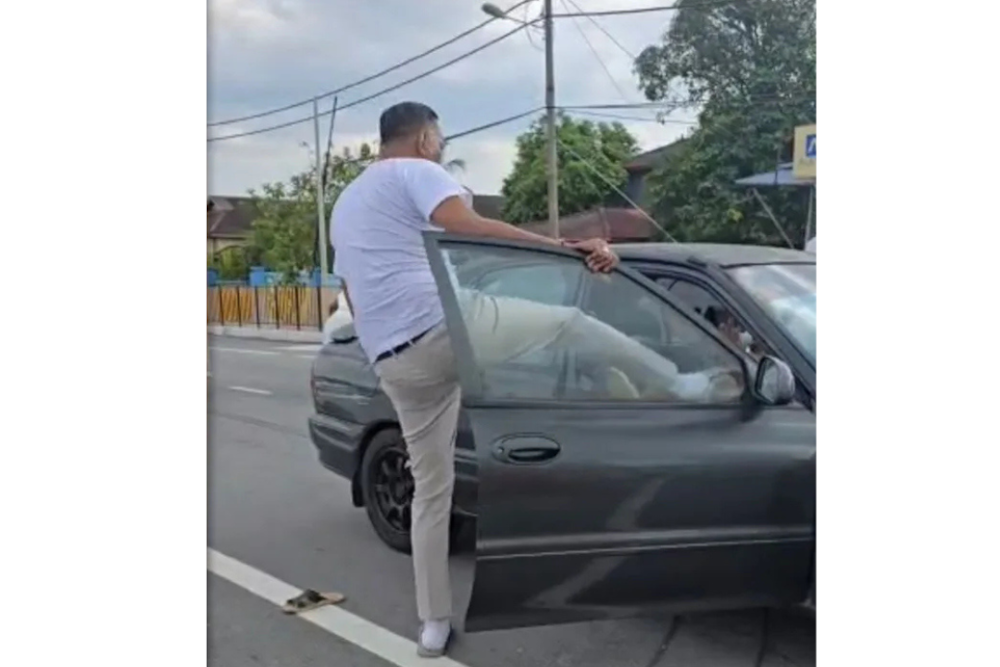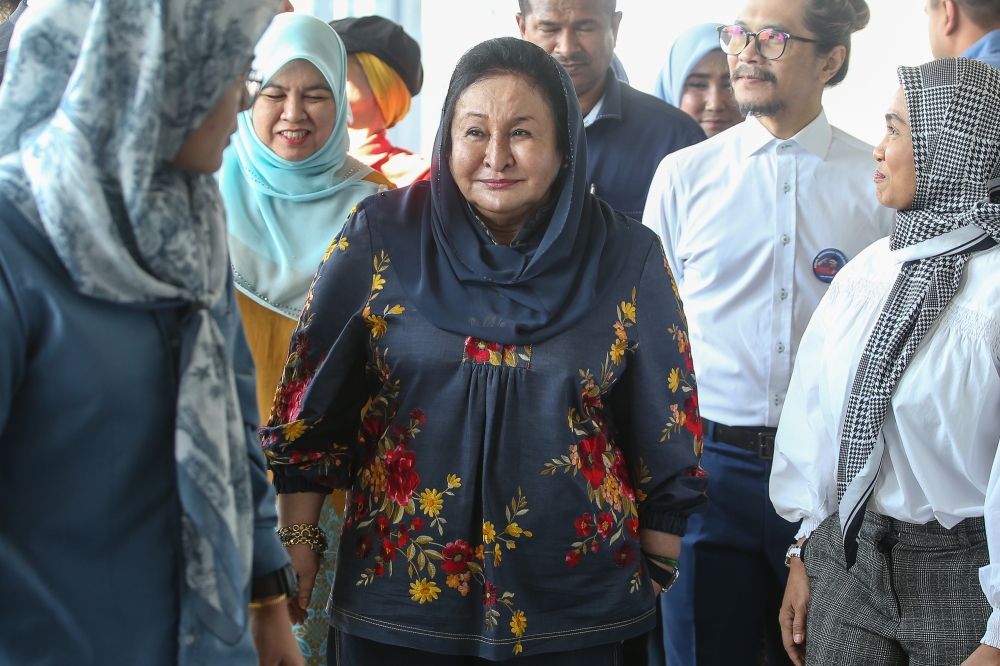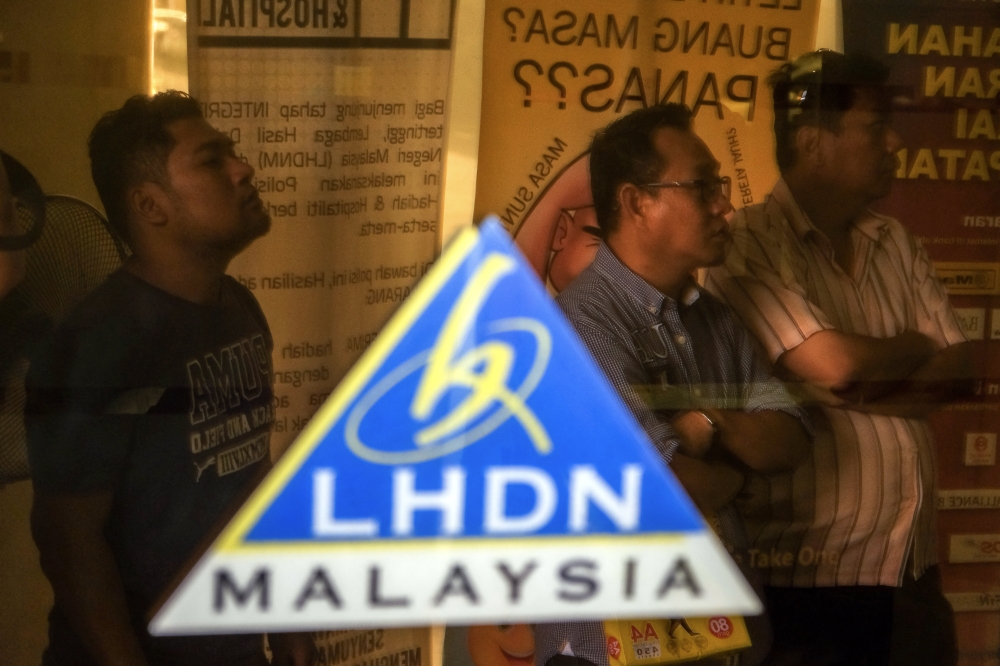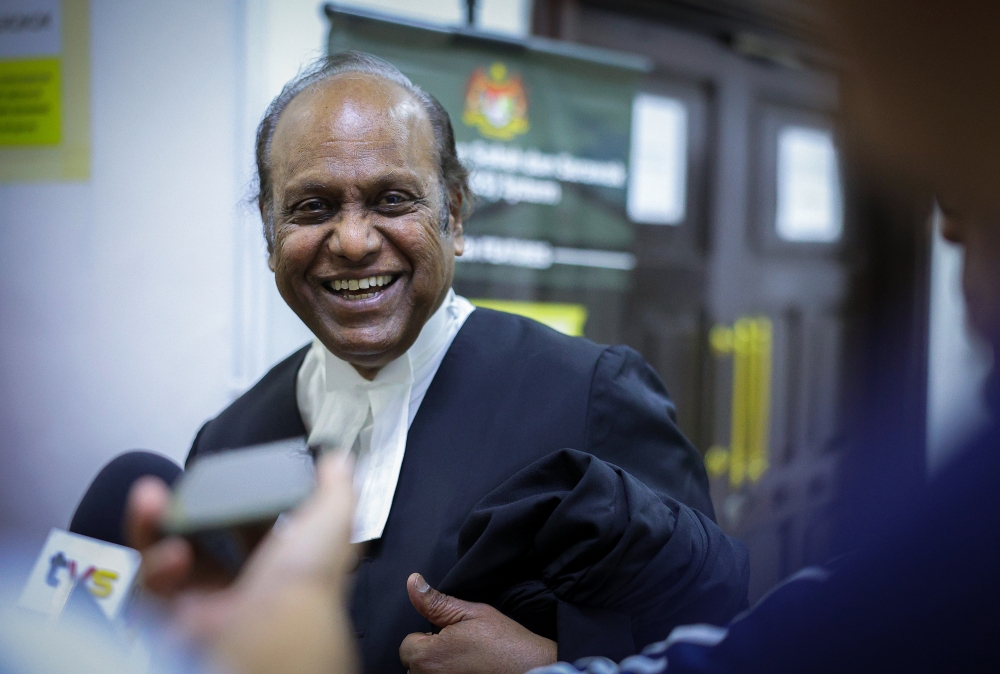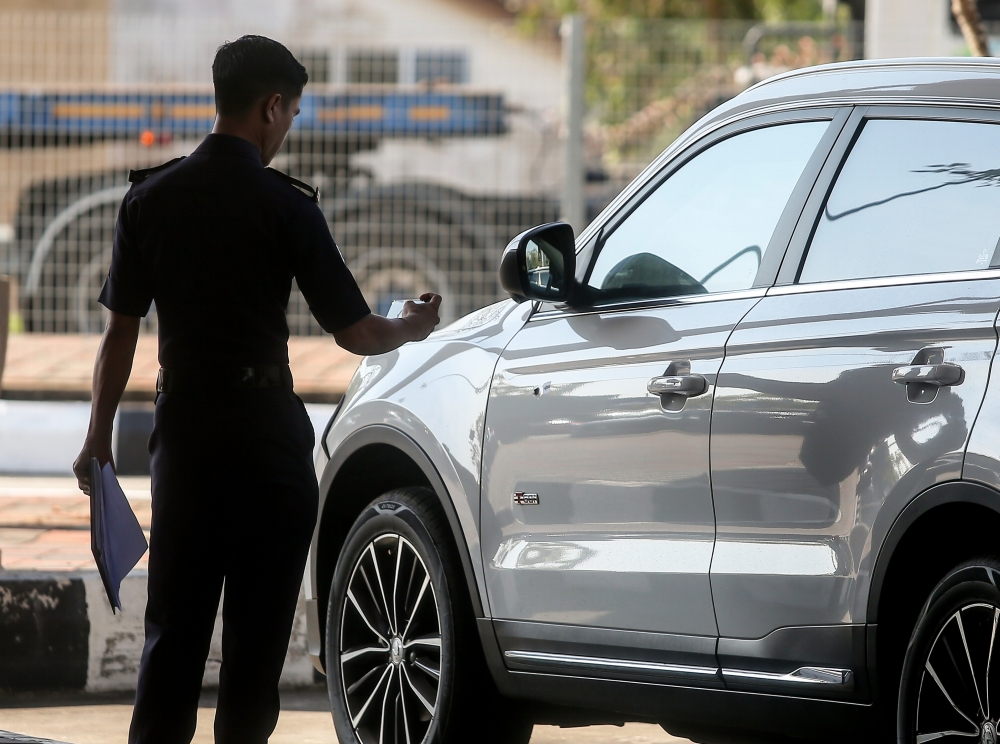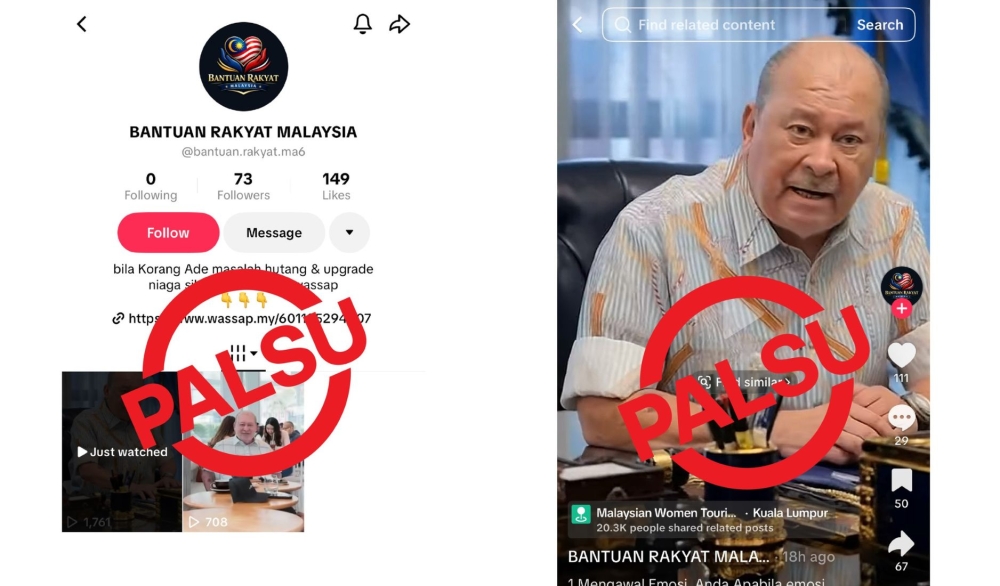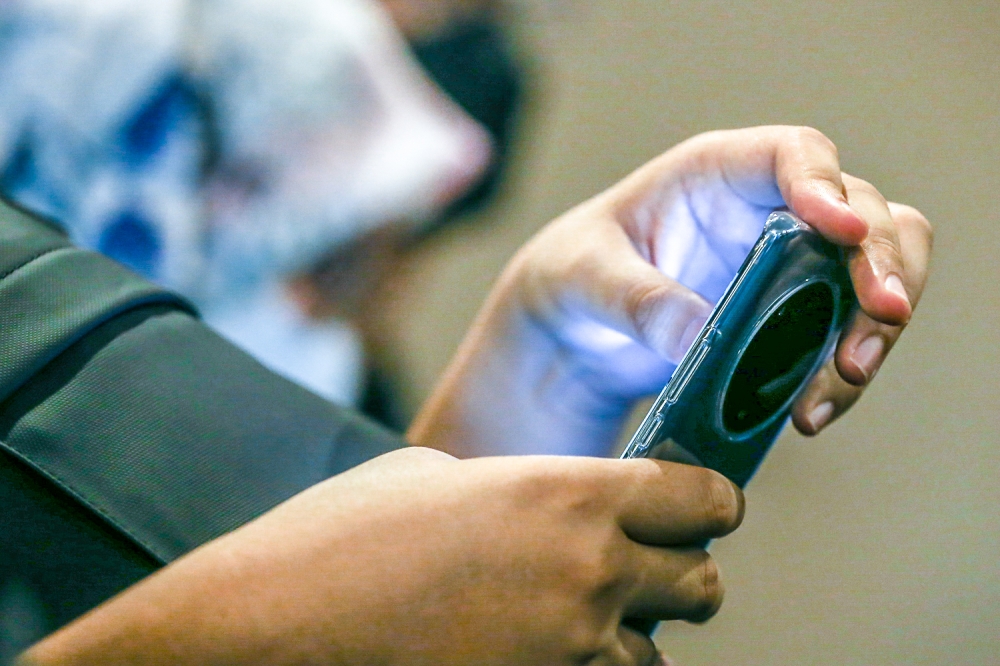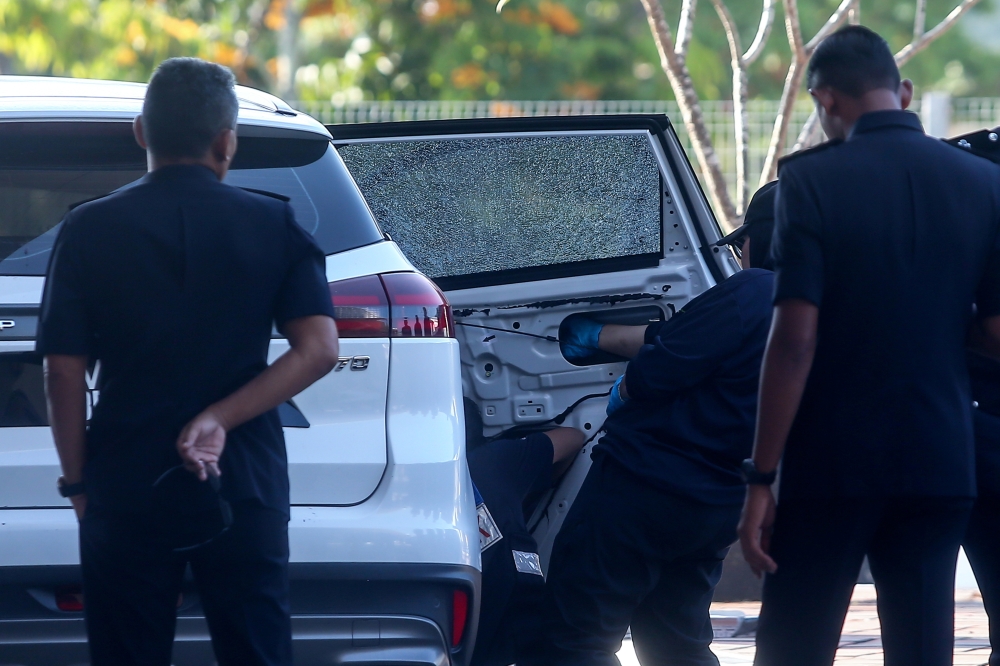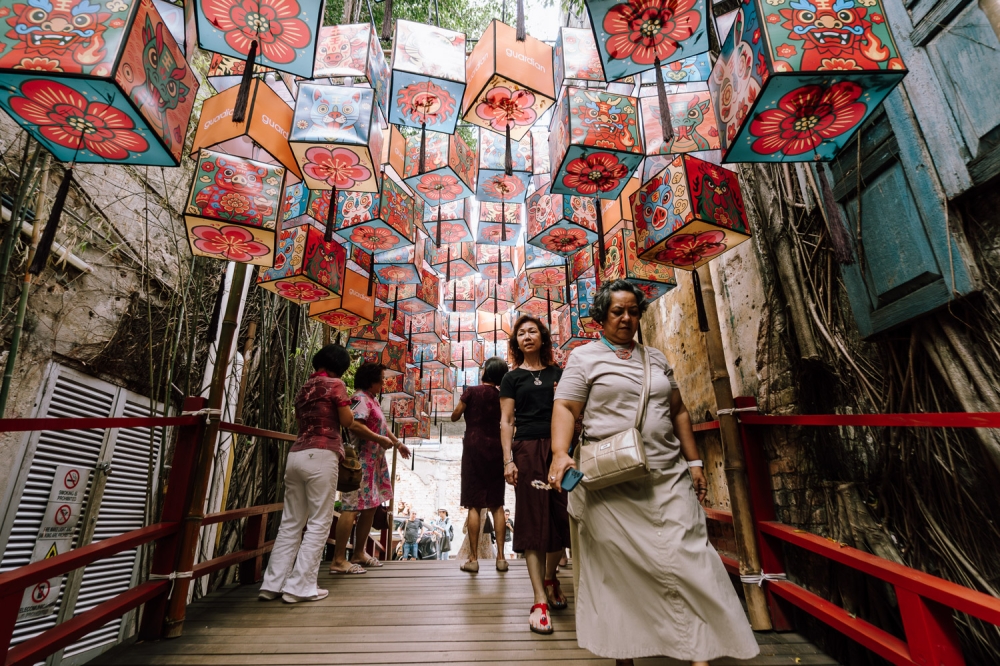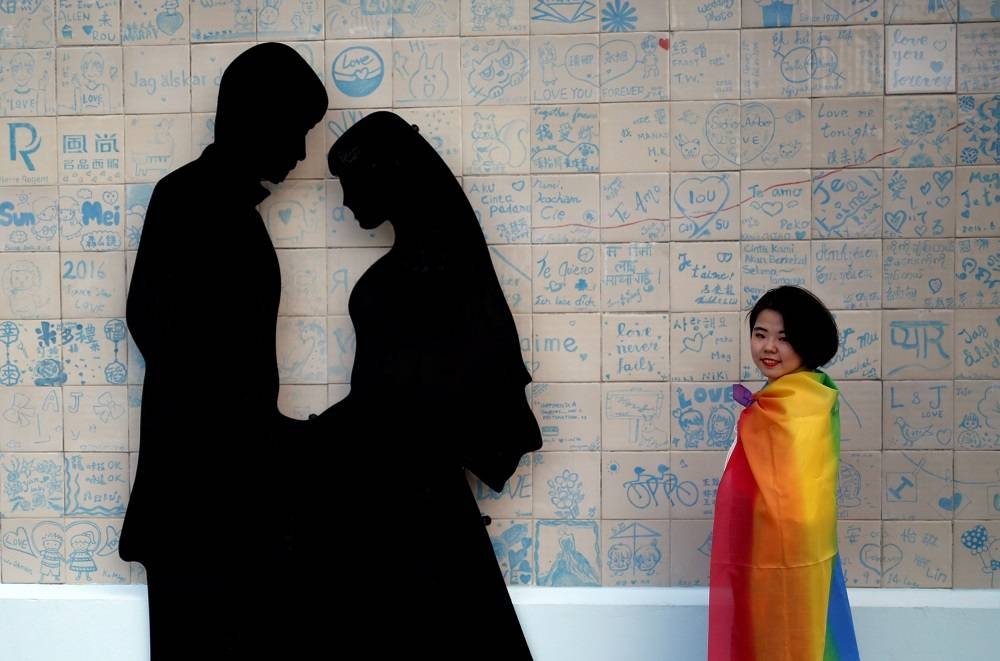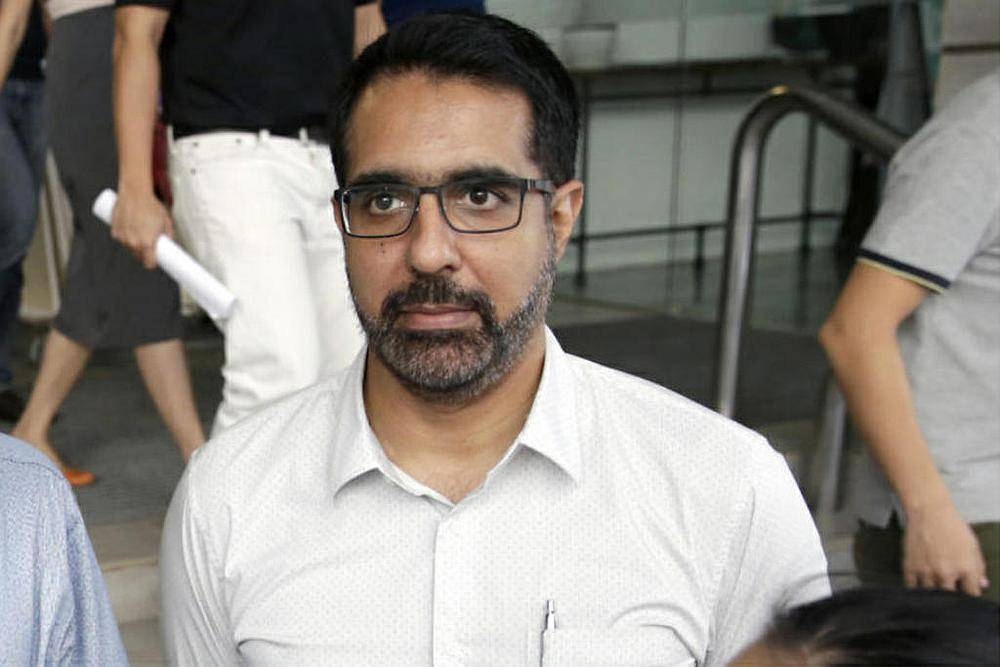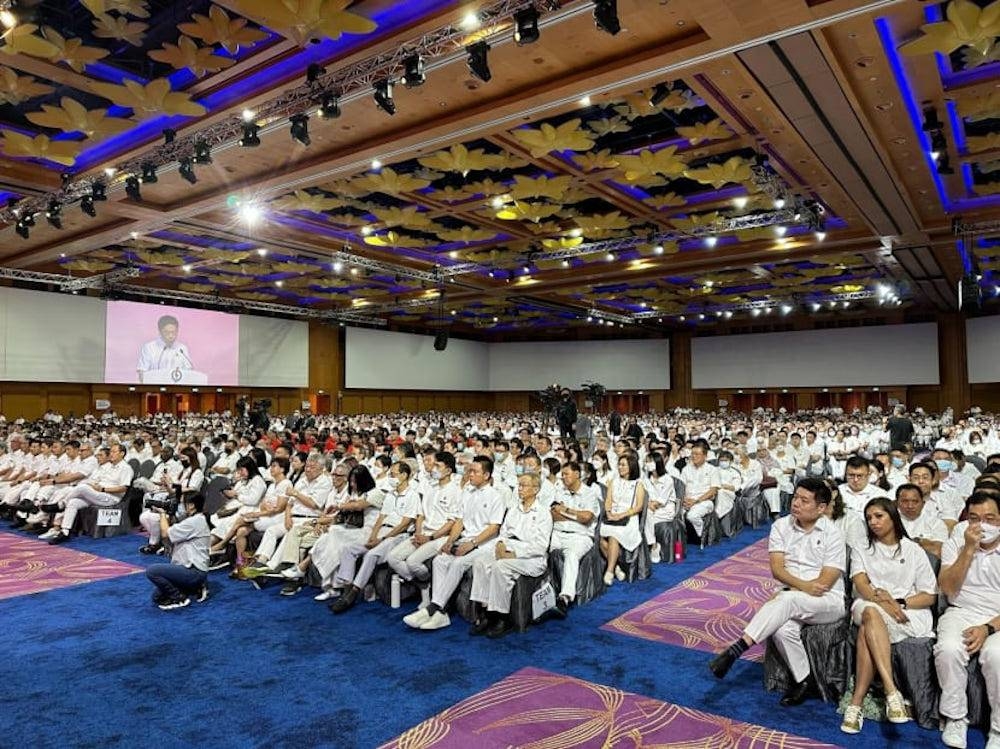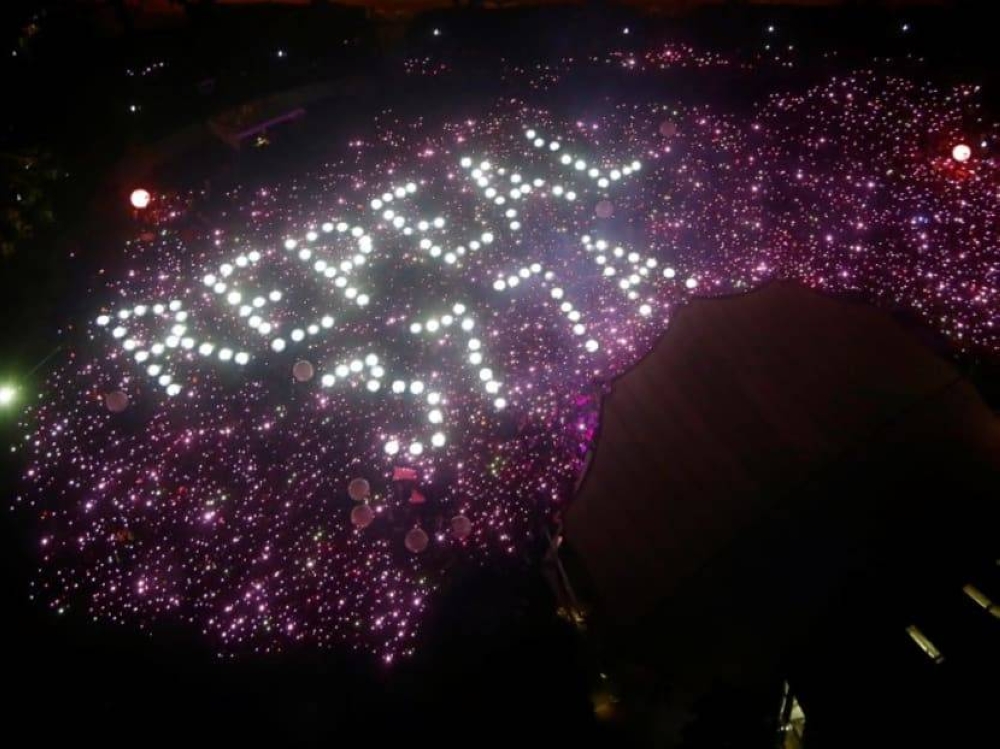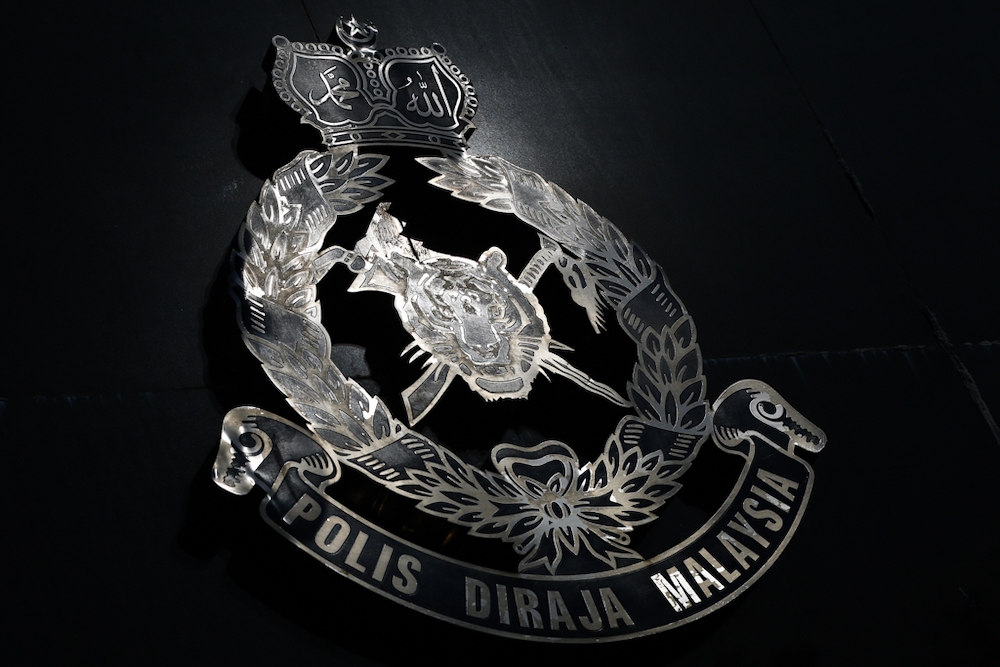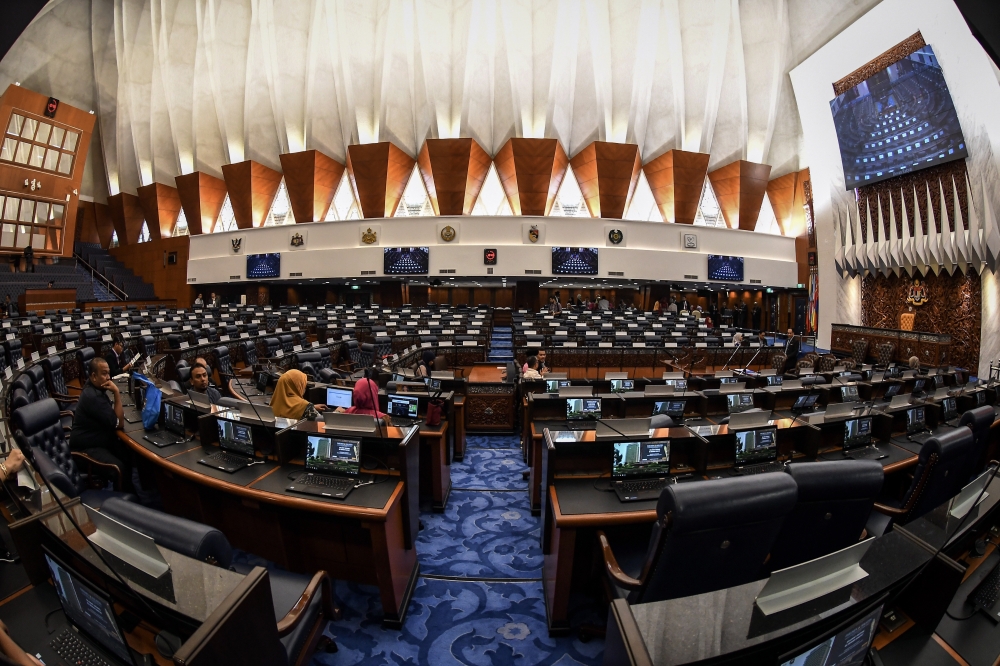SINGAPORE, Nov 29 — The Singapore government is “doing all it can” to promote social norms and values aligned to the existing definition of marriage as a union between a man and a woman, but whether this definition remains will depend on society’s consensus, Masagos Zulkifli said yesterday.
The Minister for Social and Family Development added: “So long as society strongly supports the current definition of marriage, no government will change the definition. If society’s support erodes, no amount of legislation or constitutional entrenchment can prevent change.”
Masagos also said that the Singapore government will not use its current super-majority in Parliament to “bind the hands of future generations”.
This means that the constitutional amendment will still allow future governments to amend the legal definition of marriage by a simple majority in Parliament, should they choose to do so.
Masagos, who is also Minister-in-charge of Muslim Affairs, was delivering his opening speech for the second reading of two Bills.
One Bill is to repeal Section 377A of the Penal Code, which criminalises sex between men, and one to amend the Constitution to protect the definition of marriage as being between a man and a woman.
Singapore government will continue promoting heterosexual families
Masagos said that Singapore’s public policy “is and has always been to uphold heterosexual marriage and promote the formation of families within such marriages”.
He referred to Section 12(1) of the Women’s Charter, which invalidates same-sex marriages, and the Adoption of Children Act 2022, which disallows couples whose marriage is not recognised in Singapore to apply for adoption.
While policies remain pro-family, Masagos said that there are also support measures in place for single unwed parents, including subsidies for education, healthcare, childcare and infant care, the foreign domestic worker levy concession, and the Child Development Account where the Singapore government matches parents’ savings for their children.
Repeal of S377A necessary
Singapore remains pro-family, but the repeal of Section 377A is necessary due to the significant risk to Singapore’s laws being struck down, and should therefore not be delayed, Masagos said.
If the Bill is passed, there will be a new Article 156 under the General Provisions of the Constitution that allows Parliament “to define, regulate, protect, safeguard, support, foster and promote marriage”.
Under Clause 2 of the Article, this will apply to the Singapore government and any public authority exercising relevant functions.
For example, the Housing and Development Board (HDB) can implement housing policies that prioritise married couples, while the Infocomm Media Development Authority (IMDA) will be able to regulate media content according to pro-heterosexual family principles.
Clause 3(a) of the Article also guarantees that the eight fundamental liberties in Part 4 of the Constitution — such as the liberty of the person, equal protection of citizens, and freedom of speech — will not invalidate any legislative definition of marriage as being a union between a man and a woman.
Protecting freedom of religion, safety of individuals and groups
Masagos also said that the Singapore government’s pro-family values and position reflect the common interests and beliefs of Singaporeans, and is not the outcome of a majoritarian or a religious approach.
The Singapore government has been engaging on the issue of the repeal with Singaporeans across various groups including religious leaders, grassroot leaders, union leaders, social sector professionals, youth groups, members of the public and lesbian, gay, bisexual and transgender (LGBT) groups.
Among the concerns from various groups were the issues of “cancel culture“, religious freedom, and discrimination faced by those with differing views.
Some involved in the discussions also said that they wanted the definition of marriage to be enshrined in the Constitution, Masagos said.
This was driven by a belief in the sanctity of marriage and a worry that same-sex marriage would be recognised in Singapore in the future.
Masagos emphasised that the Constitution guarantees that all Singaporeans are free to practise their religions, and that the secular approach by the Singapore government has provided Singaporeans security and safety when living together.
“Religious groups can continue to preach about homosexuality according to their religious beliefs,” he said.
However, for all the diverse groups that may be for or against homosexuality, no one can violate the laws of the land or instigate violence or intimidation towards others or a particular group.
“We are protected by the constitutional right to be free to profess, practise and propagate our religion. But this right is not absolute. It is subject to considerations of public order, public health, or morality,” Masagos said.
“As Singaporeans we must also have respect for each other as fellow citizens in exercising this right.” — TODAY


